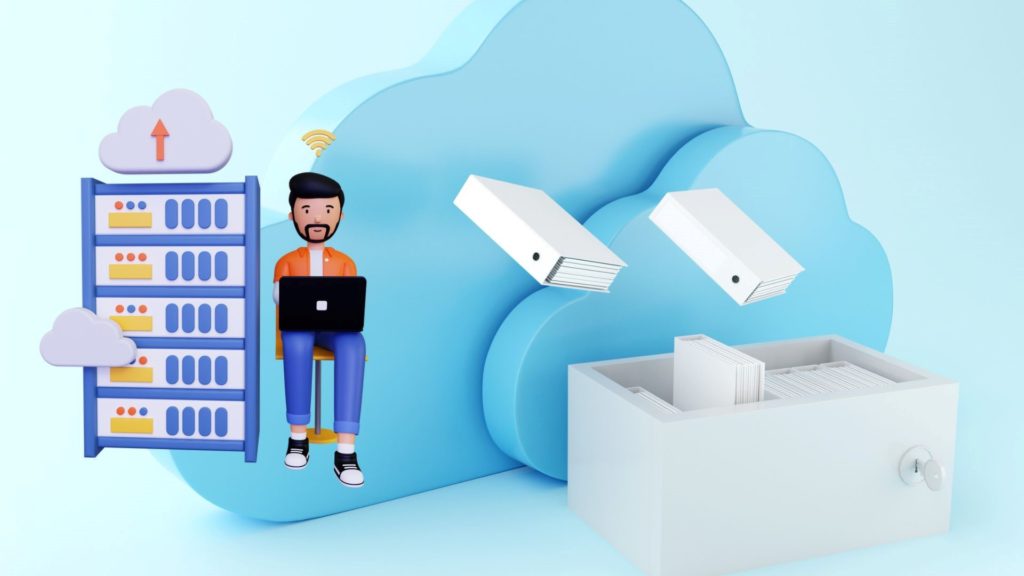by Jan Michael Carpo, Reporter
Aside from the pandemic, the year 2020 has also brought about several significant changes in how individuals and organizations view digital technology. In the Philippines, we can now gauge the popularity of remote work and the growing use of digital wallets among Filipinos.
According to a report from the World Economic Forum (WEF), the pandemic also increased the interest of small businesses in digital technology, but there are a number of barriers preventing them from adopting the technology needed to overcome COVID-related challenges.
The report found that many SMEs have already suspended their digitalization plans or have no plans at all to implement them due to certain barriers like limited availability and access to financial resources, lack of a skilled workforce, and infrastructure barriers to support digitalization.
“In general, SMEs’ interest in digital solutions is growing,” the WEF report said. “Agility and flexibility in operations have emerged as top priorities above raising productivity and minimizing costs — factors that used to be the primary objective for most businesses. In addition, technologies that enable remote work and collaboration topped the list of priorities for digital technology use cases,” the report said.
While this year probably won’t be nearly as dramatic as in 2020, there are still a lot of changes in digital technology that can help boost remote work and flexibility of every business operation in the Philippines.
Below are 4 digital trends to look out for that I think every small business owner should be aware of:
1) SMEs adapting interconnected and integrated digital platforms

Instead of just using a desktop computer to connect, people are now also accessing the internet through their phones, automobiles, and even their TV sets! This means that small businesses can now interconnect and integrate their digital platforms to gather data from smart devices and appliances, the use of which is now becoming more prevalent at home and at work.
By gathering, analyzing, and acting on data gathered from a wide range of connected devices throughout their work environments, using the Internet could also enable small businesses to run considerably more successfully and efficiently.
2) Cloud storage becoming the norm rather than the exception

The need for data storage and access has skyrocketed as more and more company operations go online. Almost all organizations in the Philippines would now need to use cloud-based systems, whether it be for something as basic as email or collaboration tools. In order to remain competitive, many SMEs would also need to expand their cloud options.
Businesses can benefit from a variety of benefits from cloud computing, including lower costs for physical storage, improved data security, more flexibility, and enhanced employee mobility. SMEs can guarantee that their staff is always securely connected and ready to be productive at all times by allowing access to company data and business operations through the internet.
3) The rise of electronic shopping and payment

Over the past few years, e-commerce has grown more significant than ever, with limited mobility due to the pandemic giving online shopping a big boost. This trend is expected to last far into 2022, thanks to the deployment of 5G networks and the uptake of more secure online banking and payment options.
The conclusion of USAID’s E-PESO project, which assisted eleven local government units in the Philippines in creating online and mobile payment platforms for real estate taxes, building, and business permits, as well as for other fees and charges, has given this trend a much-needed boost.
4) Businesses pouring in bigger budgets for A.I., data analytics

Despite the millions of dollars that IT behemoths like Apple, Amazon, and Google have been pouring into artificial intelligence (AI), even small businesses in the Philippines could benefit from its advantages with a little outlay. An application that uses AI can manage volumes of data that usually takes hundreds of real people to watch and analyze. It can also offer insights and solutions to key business issues by spotting trends in enormous data sets.
Thanks to AI, a personalized experience based on user data can still be maintained by SMEs while offering quick support via chatbots and virtual assistants.
As a small business owner in the Philippines, you have to wear many hats. From project management to accounting and human resources, you have to juggle all kinds of tasks. Knowing and understanding the aforementioned digital trends will make it easier for you to stay on top of everything.







